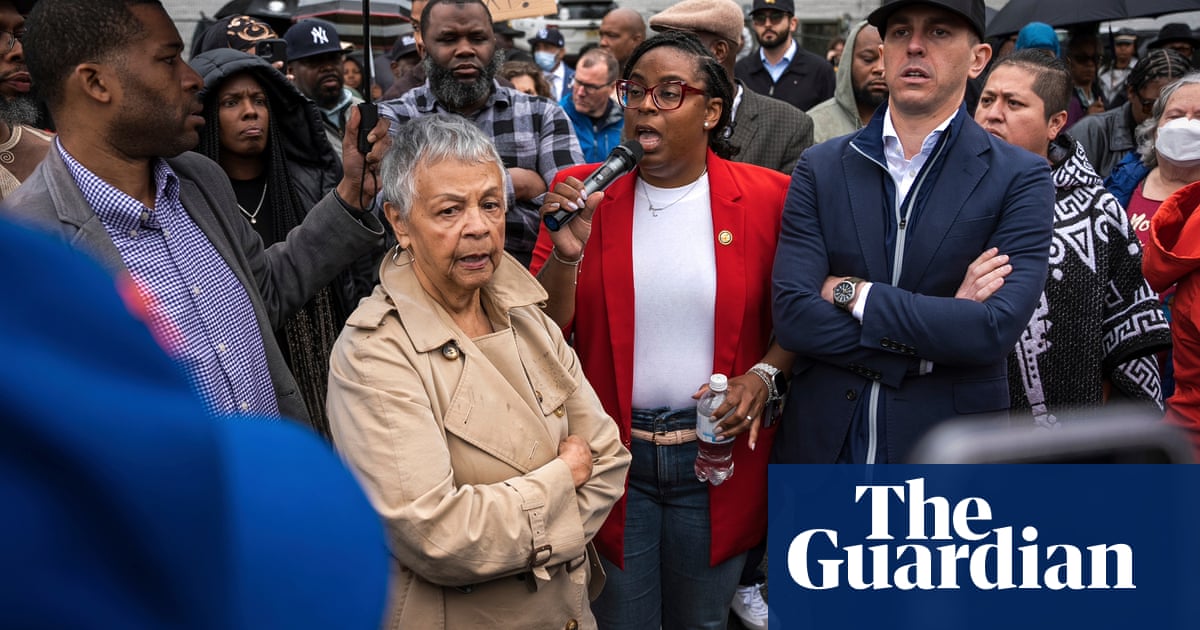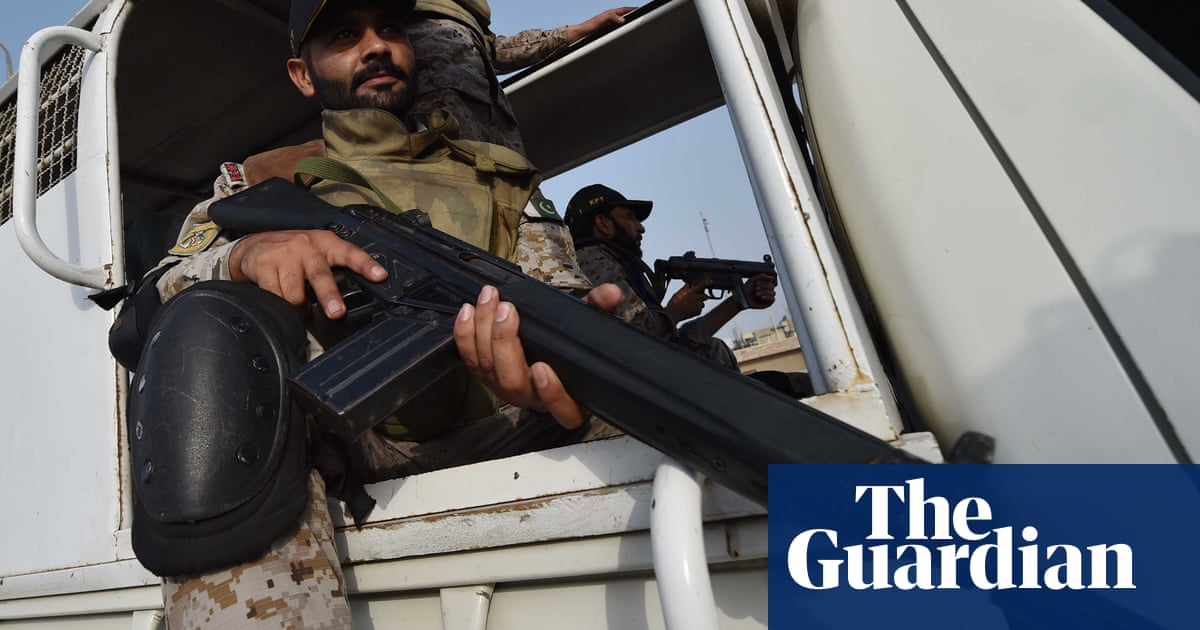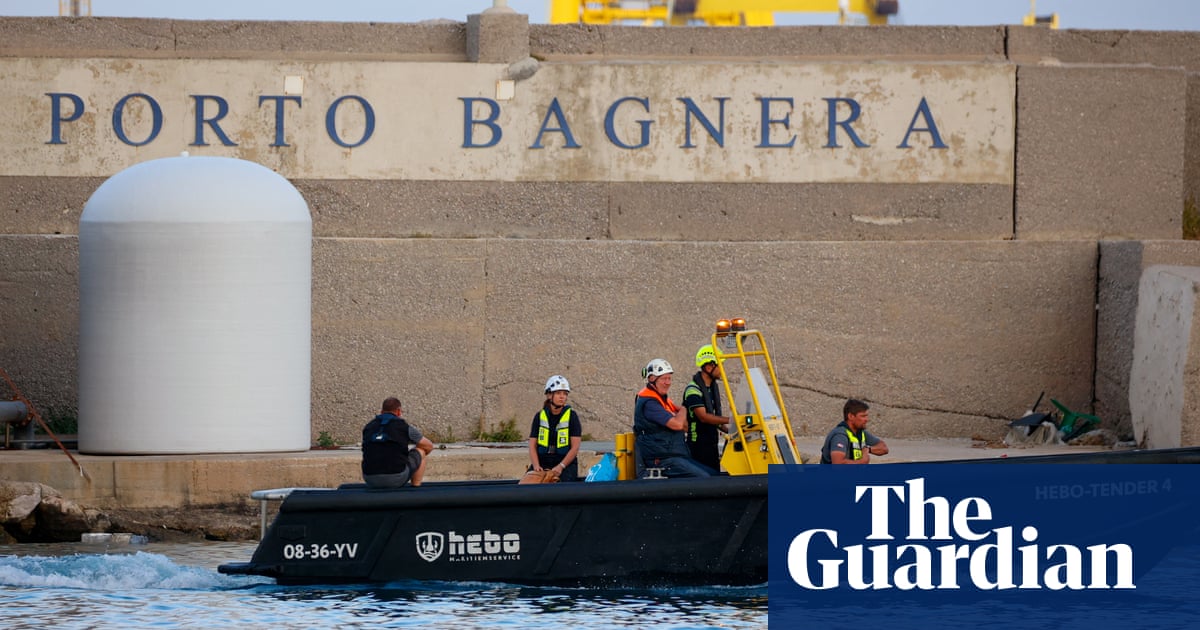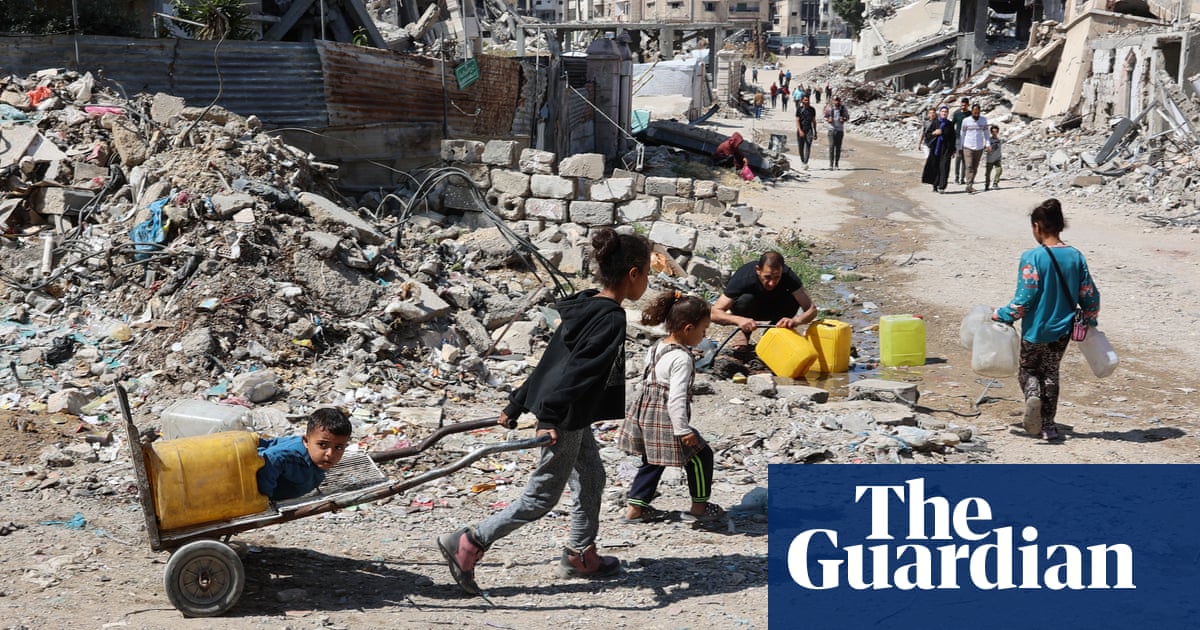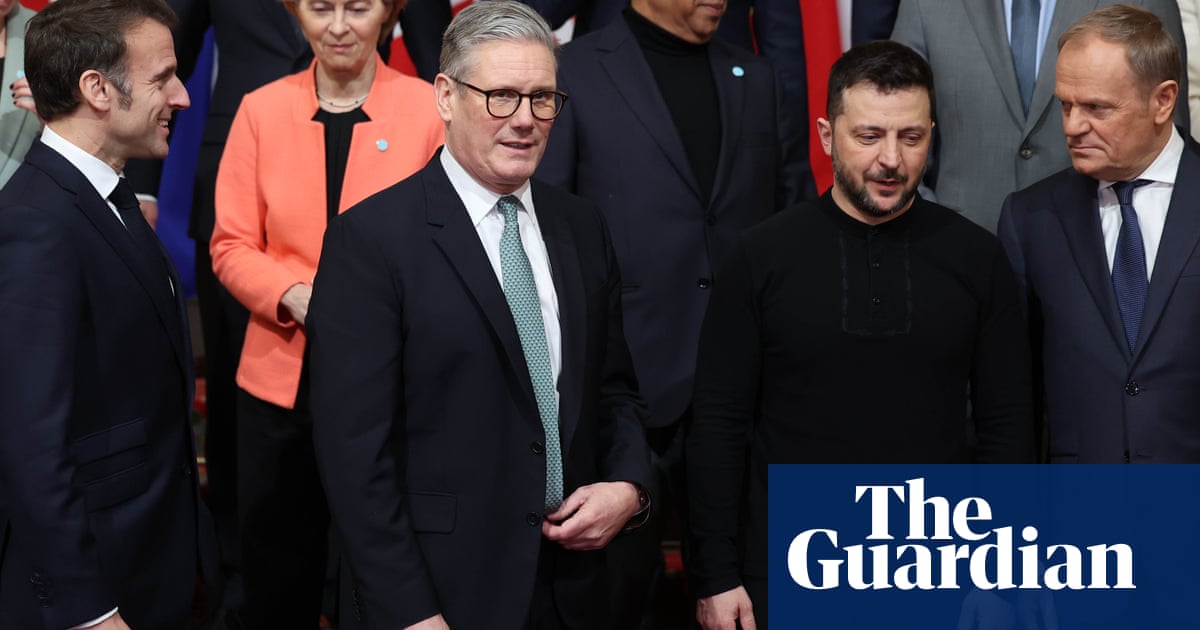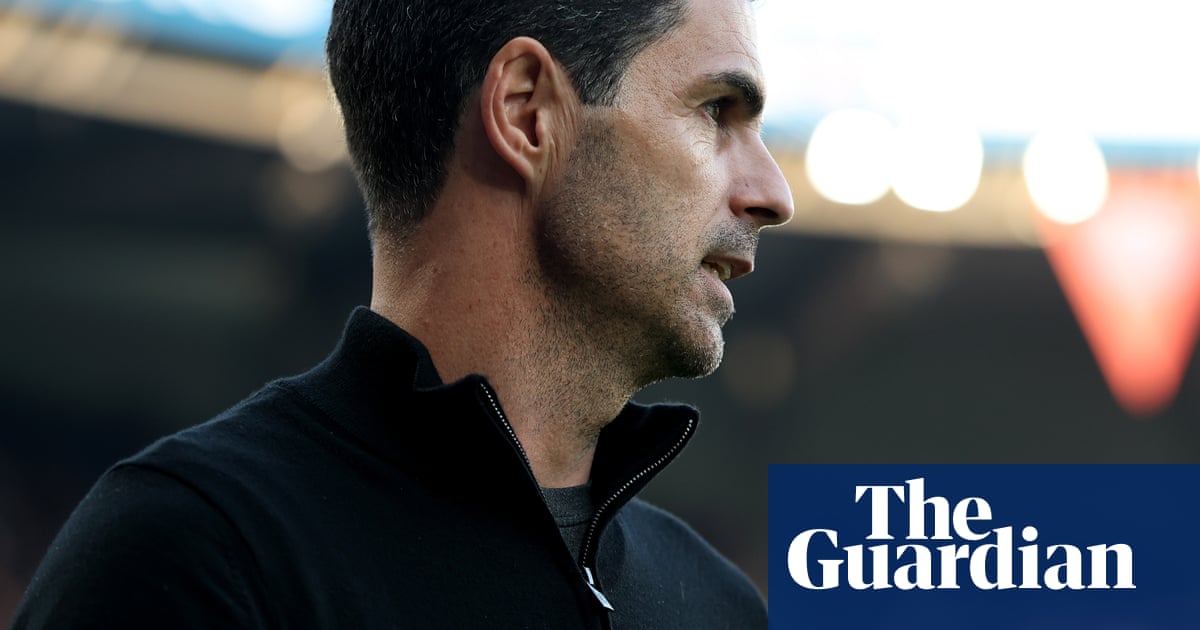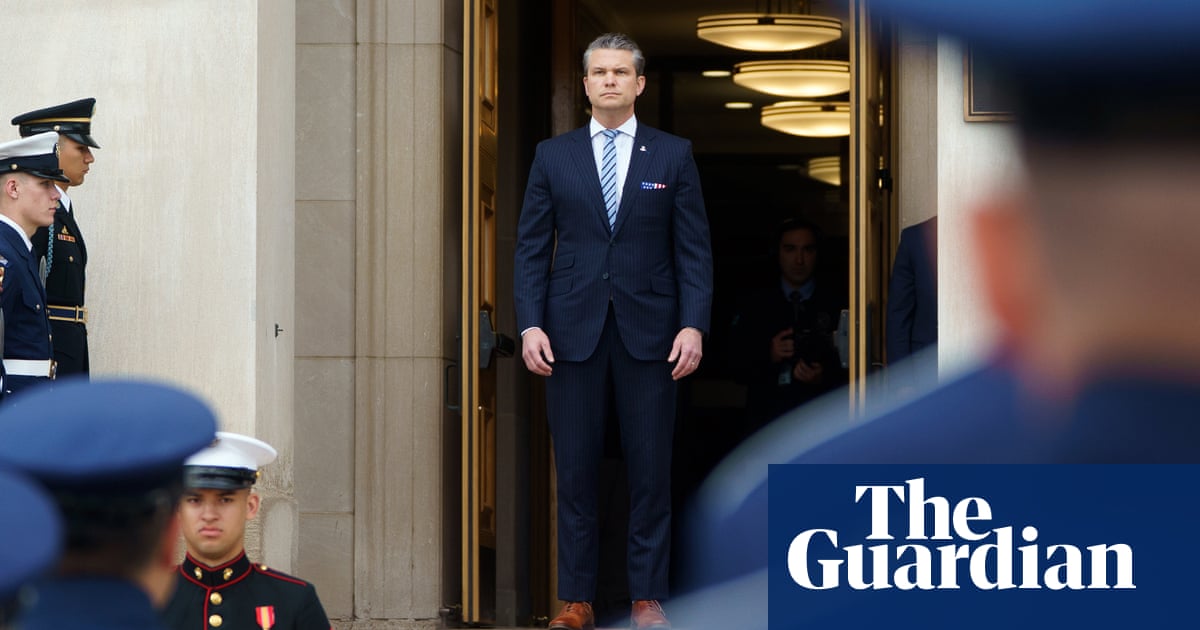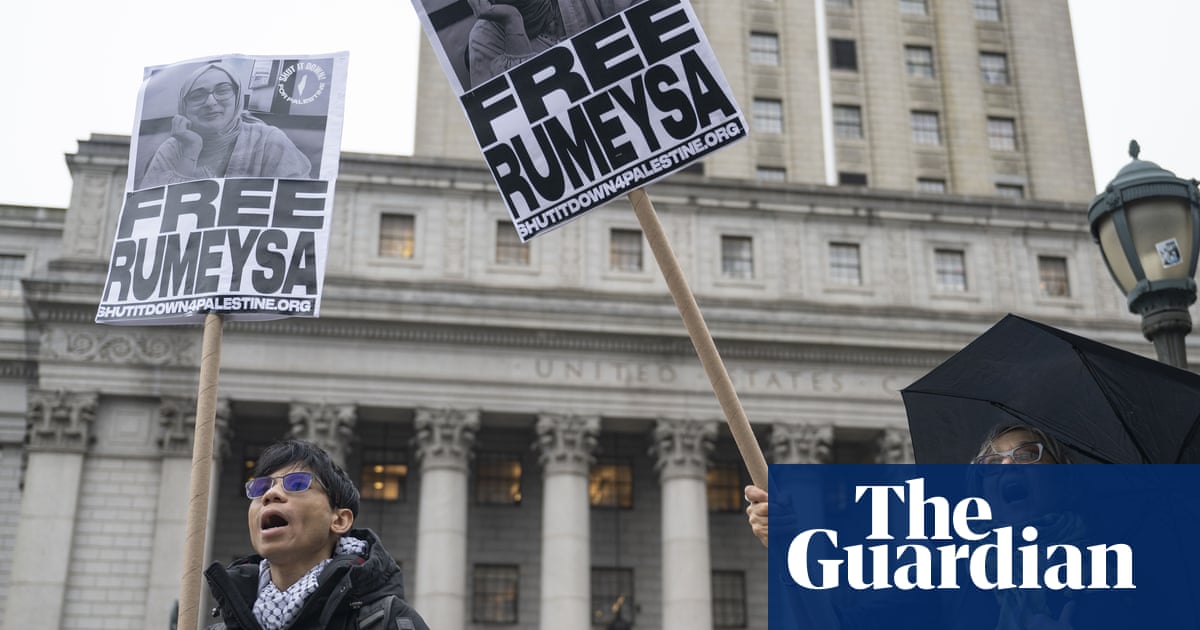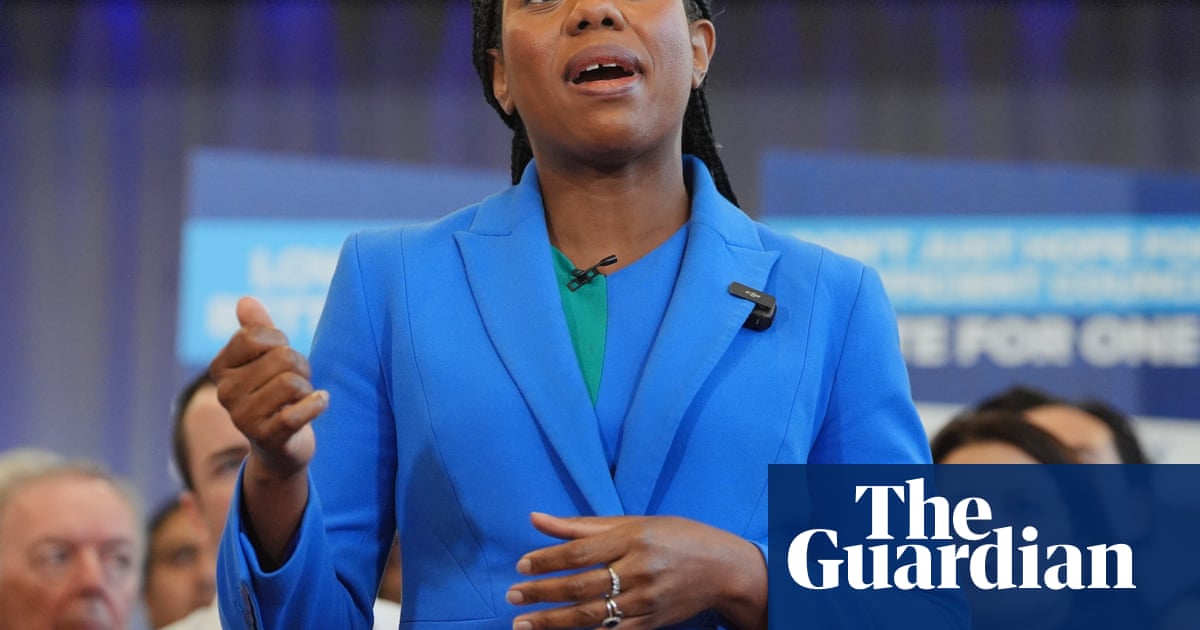Iran’s reformists are pressing for the country to make concessions on financial transparency to allow it to reconnect to the global economic system and send a signal to the Trump White House that it is serious about renegotiating a new relationship with the west, including around its nuclear programme.
Tehran is expected in the next week to take decisions that would mean it would be taken off the blacklist of the Paris-based Financial Action Task Force (FATF), the body that tackles money laundering and terrorist financing.
Currently, the only countries on the blacklist are Iran, North Korea and Myanmar. Russia, China and the Iranian private sector are all urging Tehran to take the steps that would end the blacklisting. But conservatives and the security establishment are resisting, saying such moves would expose Iran’s financial workings, including the funding of groups such as Hezbollah. The transparency would also allow the west to target sanctions against Iran more effectively.
The controversy about FATF has been simmering for years. Few in Iran pretend this is merely a technical discussion, but instead part of a broader geostrategic discussion about the price of reducing Iran’s isolation. More than 90% of Iran’s total exports (oil and other products) are sent to just 10 countries.
The issue has suddenly been placed in front of the Expediency Discernment Council, a 48-strong body selected by the supreme leader and broadly representative of the establishment. Its task is to mediate in disputes between parliament and the Guardian Council, a constitutional watchdog.
Ending the blacklisting would allow Iranian banking and private firms to join the international banking system, and open foreign bank accounts, removing one of the main obstacles to foreign trade. The central bank and the chambers of commerce are calling for an end to the isolation, even though many western sanctions linked to the nuclear deal would remain.
The two preconditions for being removed from the blacklist are joining the International Convention for the Suppression of the Financing of Terrorism (CFT) and the UN Convention against Transnational Organized Crime (Palermo Convention). The Guardian Council has rejected two bills passed by the Iranian parliament in 2018 that would allow the country to join the two conventions.
On Sunday, the Iranian parliament speaker, Mohammad Bagher Ghalibaf, staged a closed session of the parliament to discuss the move, saying this would allow parliament’s latest views to be taken into account by the Expediency Council. Iranian media said the lengthy discussion revealed deep division but many MPs, under constituency pressure over the dire state of the economy, called for Iran to take the plunge.
The Expediency Council, after some reluctance last month, started examining the two bills passed by the parliament line by line.
The intelligence ministry says the move has downsides, including restricting Iran’s ability to get around economic sanctions and help finance resistance groups such as Hezbollah. Making state finances more transparent could increase the efficiency of economic sanctions, subjecting Iran to a body that some in the country see as inherently western oriented.
The rearguard opposition being shown by Iran’s conservatives means the supreme leader, Ali Khamenei, and the president, Masoud Pezeshkian, would have to intervene decisively with the Expediency Council to join the conventions. Pezeshkian made ending the country’s economic isolation a central theme of his election campaign, but the supreme leader has often suggested the country can thrive without cooperation with the west.
Ali Ghanbari, an economist, has said vested interests that oppose moves to get off the blacklist are from people benefiting from corruption and secret funding, and claims that oil sales would be hindered are unfounded.
“The claim that some individuals makethat it will be impossible for us to sell oil, is an incorrect justification, because the whole world knows who our oil buyers are,” he said.
The deputy minister of intelligence, Hossein Safdari, said: “Negotiation is not mandatory to reach an understanding. Those who think they can reach a conclusion at the negotiating table with the Americans either do not understand politics or are not familiar with the literature of negotiation.”
Javad Zarif, the vice-president for strategy, said: “Screaming does not require courage, but agreeing does. Consensus and thinking about national interests requires courage.”

 3 months ago
48
3 months ago
48
